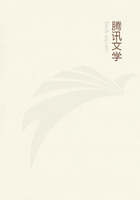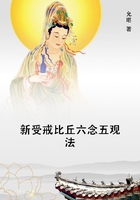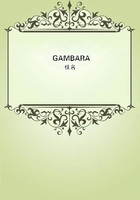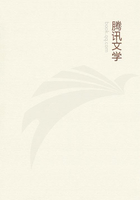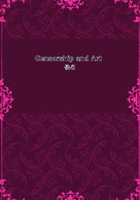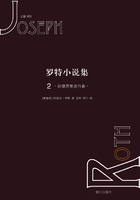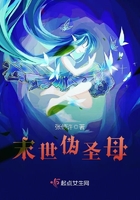The term siabri is not the only one used by Old Russian writers to designate the members of such a household. They are often spoken of in the financial surveys of the sixteenth and seventeenth centuries under the characteristic name of hearth, pechische. The so-called piszoviia knigi, a kind of survey very like the poll-tax rolls still preserved in the Record Office, speak of the hearth as the unit of taxation. The pechische of the fifteenth and sixteenth centuries corresponds to the feu of Burgundy and is even known by that name in some of the northern provinces of Russia. The private charters, which are still preserved by more than one family in the Government of Archangel, some of which were drawn up in the sixteenth and seventeenth centuries, when speaking of the house community always make use of the term ognische, a word which means the hearthfire, thus showing that what constituted the tie between members of the same household was their cooking food at the same hearth.
Thus far we have shown the high antiquity of the institution which we are engaged in examining. Let us now proceed to the study of its characteristic features.
All over Russia, but particularly within the boundaries of the old Muscovite empire, communities of persons belonging to the same kindred and living under the same roof are still in existence. The number of persons belonging to these communities varies from ten, or even less, to fifty and upwards. In the government of Koursk, a community composed of about sixty persons has recently been noticed by Professor Samokvasov. But such cases are rare, and the number of persons living in common does not, as a rule, exceed twenty or thirty. Among them we find the grandfather and grandmother, the father and mother, sons and daughters, grandsons and granddaughters, brothers and sisters, nephews and nieces, with such other persons as may be united to them by ties of marriage, as daughters-in-law in right of their husbands, and sons-in-law in right of their wives. Persons incorporated into the family, working for the common good, and having shares in the family profits are often mentioned by writers on Russian folk-lore. Besides these others may perchance have become members, as for instance persons adopted into it, or the children of a widow contracting a new marriage with a member of the community, who, on account of her unwillingness to be separated from them, come to live with her under the roof of her new husband.
From this we see how various may have been the origin of those who were members of the Undivided Family.
Blood-relationship, in the proper sense of the word, is not always required, it suffices that the members be considered as relatives; adoption takes the place of actual descent, and the fact of sharing the daily work very often gives a stranger the rights of a relative.
Undivided households are, as a rule, governed by the oldest members of the community, but in case of prolonged illness or want of mental power the oldest member may be superseded by another, sometimes elected by the whole community. The name given to the house-elder is bolschack, which means the greatest in power. His authority and functions perfectly correspond to those belonging, in a Servian zadruga, to the so-called "domachin."Like the domachin, he is assisted in the difficult task of governing the female part of the house community by some aged woman, known by the name of "bolschoucha" (the greatest woman), who is not always his wife.
It would be a gross error to look upon the house-elder of a Russian undivided family as holding the same position as the Roman paterfamilias. The house-elder has neither the authority nor the amount of independence enjoyed by the paterfamilias in the administration of the family fortune. The Russian house-elder, like the Servian domachin, is but primus inter pares. All the grown-up members of the community constitute a sort of family council, whose advice must be regularly asked in matters of importance. The domachin has no right to dispose of the family possessions without the unanimous consent of all the persons for whom he acts. When I say all, I mean of course only the grown-up members, women as well as men. The women's opinion, though of less importance than the men's, is not to be disregarded, the more so on account of the influence which they exercise on their husbands.
The functions of the house-elder are of very various kinds.
We must mention first of all his exclusive right to represent the community before the executive and judicial authorities of the village and district (selo i volost). It is he who regularly appears in the courts, either to answer the complaints against the community, or to insist on the recognition of rights which have been violated. It is to him also that the Government officials address their demand for the speedy payment of the taxes. It is his duty to attend to the execution of the law concerning military service, and to the carrying out of the different orders issued by the local and provincial authorities.

